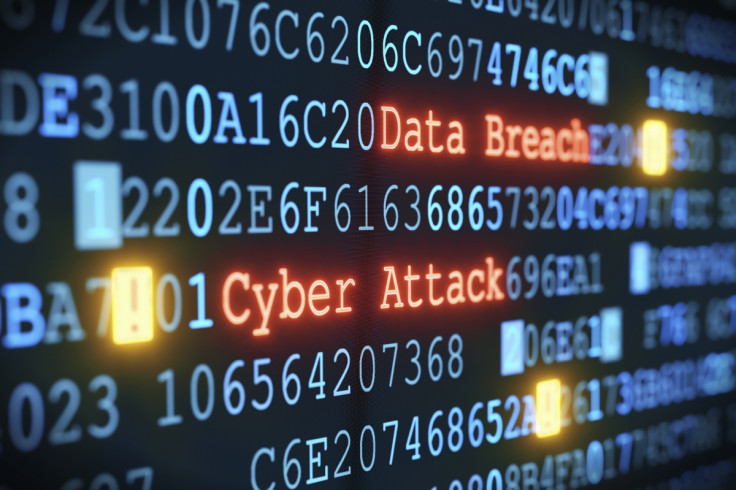Pentagon gearing up to combat US power grid hacks with new $77m security plan
The plan envisages repairing hacked power grids within a week.

The US government has reportedly become increasingly concerned about large-scale cyberattacks on its power grid that could potentially cripple the nation. The Department of Defence (DoD) is reportedly working to develop an automated system by 2020 that can help accelerate recovery from attacks against the power grid in less than a week.
The US Department of Energy released a 494-page report in January detailing how America's power grid "faces imminent danger from cyber attacks" that pose a major threat to "US lifeline networks, critical defence infrastructure, and much of the economy; it could also endanger the health and safety of millions of citizens."
"If a well-coordinated cyberattack on the nation's power grid were to occur today, the time it would take to restore power would pose daunting national security challenges," Darpa programme manager John Everett said in a statement. "Beyond the severe domestic impacts, including economic and human costs, prolonged disruption of the grid would hamper military mobilisation and logistics, impairing the government's ability to project force or pursue solutions to international crises."
The DoD's new initiative aimed at combating major power grid hacks is called the Rapid Attack Detection, Isolation and Characterization (RADICS) programme. The Pentagon's research arm Darrpa intends to spend $77m on RADICS, which will primarily aim function to restore civilian power and communication, while BAE Systems, which was reportedly granted $8.6m in March will develop technology – a secure emergency network (SEN) to detect and contain threats against the power grid.
BAE's SEN, relying on radio, wireless internet or satellite to function, will also be tasked with restoring emergency power and communication in the wake of an attack, the US military's new site Defence Systems reported.
Darpa said that having a secure emergency network that can allow communication between power suppliers in the wake of an attack can be critical, given that " internet infrastructure may not be operational after an attack, or that hackers may have embedded malicious code in utilities' IT systems during an attack".
"The purpose for this programme is to provide a technology that quickly isolates both the enterprise IP network and the power infrastructure networks to disrupt malicious cyberattacks," said Victor Firoiu, senior principal engineer and manager of Communications and Networking at BAE Systems.
© Copyright IBTimes 2025. All rights reserved.






















